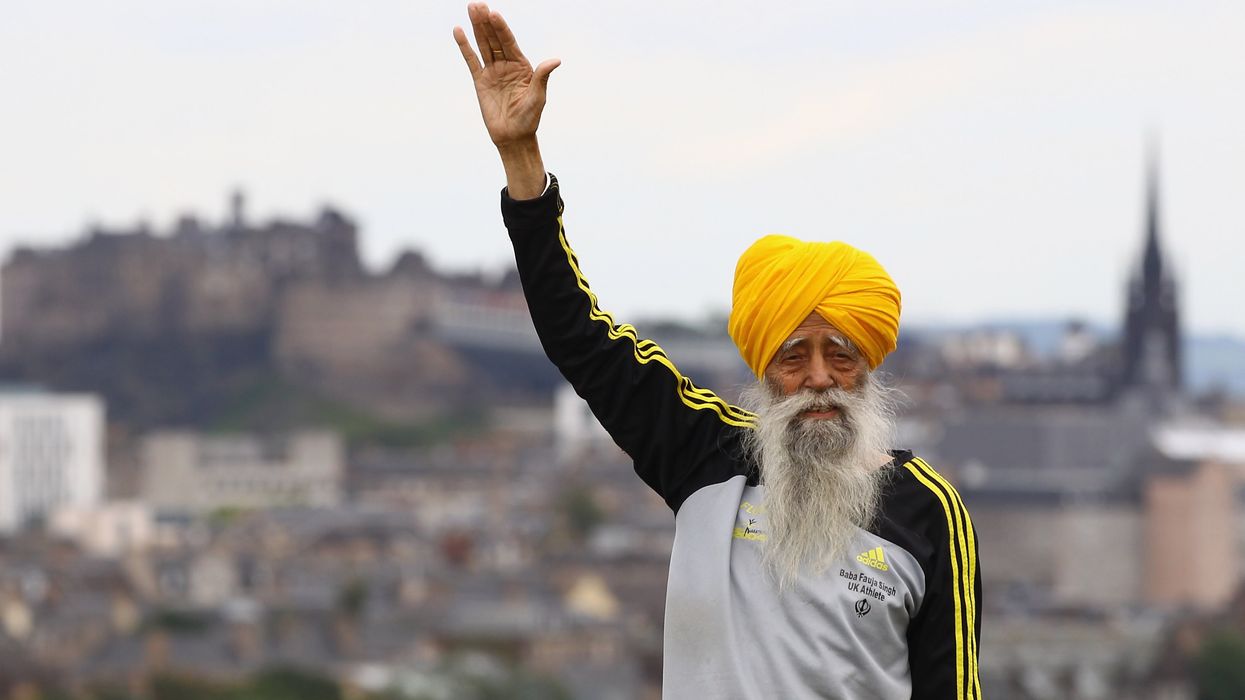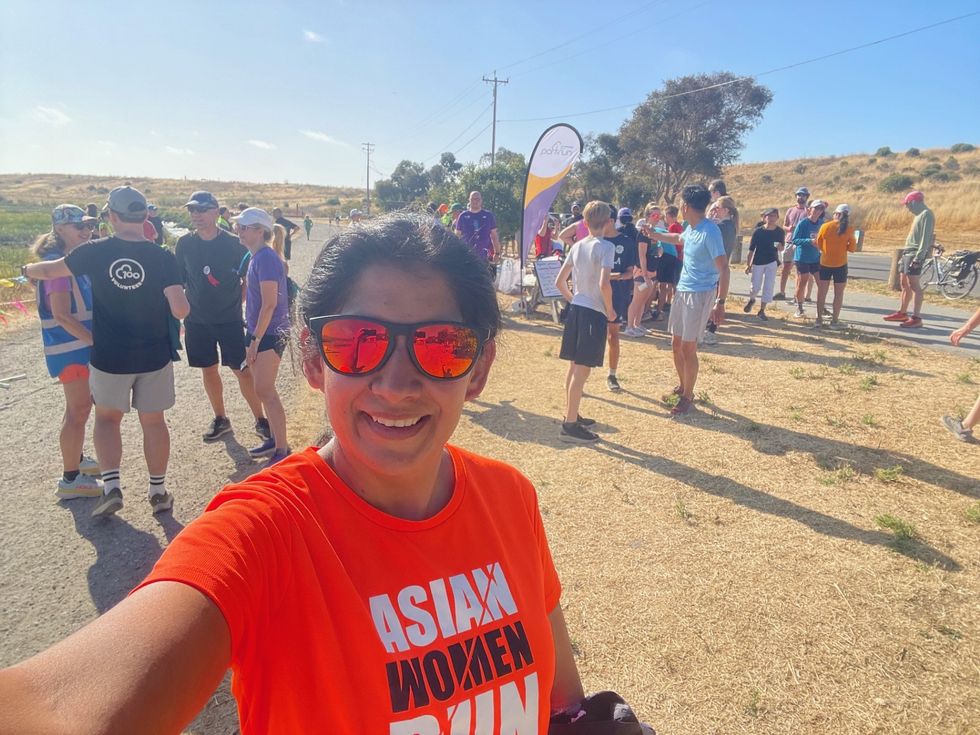BRITAIN will not get its first Asian prime minister next week, unless every prediction and poll has got it wrong.
Former chancellor and Tory leadership candidate Rishi Sunak found himself in the wrong economy at the wrong time. Though he was Britain’s most popular chancellor earlier in the pandemic, the economic downturn, the energy crisis and his part in forcing prime minister Boris Johnson to quit brought Sunak back to earth with a bump.
The cabinet reshuffle will show how ethnic diversity at the top continues to accelerate in British politics. Frontrunner and foreign secretary Liz Truss may even have an all-minority line-up in her great offices of state.
Kwasi Kwarteng, all but confirmed as her Treasury choice, would be Britain’s first black chancellor. As the fourth ethnic minority chancellor in just three years, he will want the revolving doors of Number 11 Downing Street to slow down. Kwarteng went to Eton, then Cambridge – but the public will pay less attention to his ethnicity or education background than what he will do about energy bills.
James Cleverly is the bookmakers’ favourite to become foreign secretary. As the first black British person in the post, the mixed-race son of a midwife from Sierra Leone would tell a new story to diplomatic partners about modern, multi-ethnic Britain.
The attorney-general, Suella Braverman, tipped for the Home Office, could be the one potential replacement for Priti Patel who may be even more robust in the legal battle to deport asylum seekers to Rwanda. And Kemi Badenoch – the Tory membership’s favourite among the leadership candidates – looks set to become the first black female MP to run a cabinet department.

The leadership contest has unearthed different theories about what more ethnic faces in high places do and don’t mean.
A ‘role model’ theory – if you can’t see it, you can’t be it – is often applied to business, the media and culture. On that logic, more diversity at the apex of political power will influence what future generations see as normal, whatever the politics of those at the top.
A colour-blind meritocrat would hope that the third female prime minister’s gender, and the ethnicity of our third minority home secretary in a row, lose their novelty value, with individuals judged on their record.
This shift has been remarkably fast. It now seems extraordinary to recall that no British Asian had ever served in cabinet until Sayeeda Warsi in 2010, nor any Asian MP until Sajid Javid as late as 2014. Paul Boateng, in 2001, was the first-ever black cabinet minister – among just three non-white cabinet ministers under New Labour.
The left doubts if ethnic faces in high places make much difference, especially if they replicate the educational privileges of the existing elites. Some feel it can even be actively regressive if ethnic minority ministers feel a particular pressure to outflank their colleagues on the right.
The politics of race has become more polarised. Countering that is the aim of a new collection, An Agenda for Action, from the thinktanks Bright Blue and British Future.
The publication this week brings together experts to propose new, concrete policy changes to address racism and racial inequalities. In their forewords, Conservative Steve Baker and Labour’s Rupa Huq praise this effort to shift the agenda from arguments over how to talk about race to what should be done in practice.
Despite Conservative diversity at the top table, Labour remains well ahead among ethnic minority voters, overall. The Tories are advancing with British Indians more modestly than socio-economic trends might predict, but risk retreating from a low base with black Caribbean and British Muslim voters.
Ethnic minority Conservatives – up to a quarter of the minority vote – are often caricatured and misunderstood. Only a small fragment want a polarising ‘war on woke’. Many more are centrist balancers who want to see an acceleration of constructive action on race equality. So half of ethnic minority Tories supported the Black Lives Matter protests, while a fifth were critical of them. Ethnic minority Conservatives think calling Britain systemically racist lacks nuance – they disagree by a plurality of 43 per cent to 28 per cent – but half think there is ‘white privilege’ in British society today, while a quarter disagree. Ethnic minority Conservative views on race often somewhat resemble those of white British Labour voters.
So the essays in this new collection set out how it is possible to defuse unconstructive polarisation on race. The left needs to acknowledge the progress made, and the centre-right needs to recognise what still needs to change. Those with different instincts about the shifting language of race can find common ground on practical change – on tougher action to tackle online hatred; a curriculum that tells the full story of Britain’s past; and concerted action to narrow ethnicity gaps in policing, school exclusions and health outcomes.
There can be more common ground on race if there is more focus on how we act, rather than just arguing over how we talk about it.





 Minreet Kaur
Minreet Kaur 












 Heehs describes two principal approaches to biographyAMG
Heehs describes two principal approaches to biographyAMG


‘We must focus on action while talking about race’
New initiative urges concrete changes to make diversity meaningful.